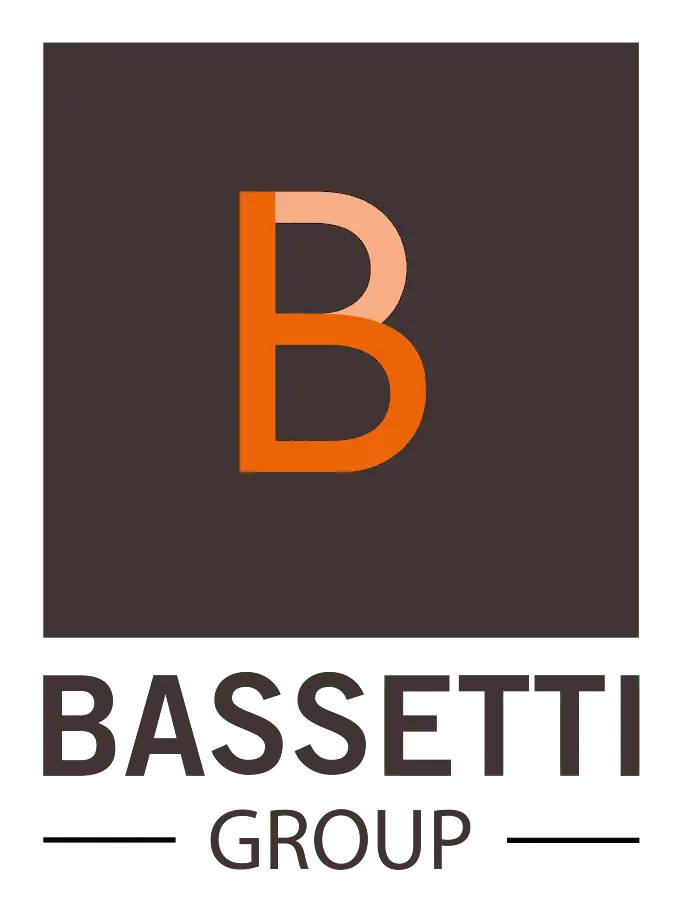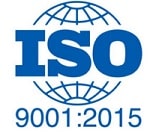Problem-solving: AI-based suggestions for similar deviations, likely root causes, and relevant actions using machine learning.
Quality management as the key to excellence
Quality management is a central cross-functional role in every organization, especially in industry. Its goal is to supply the market with high-quality products and services while continuously improving the efficiency of internal processes.
A modern approach to quality goes beyond mere process optimization: it promotes continuous improvement, aims for operational excellence, and ensures compliance with relevant standards such as ISO 9001.
In industry-specific contexts, additional standards apply – for example, IATF 16949 in the automotive industry or ISO 13485 for medical devices.
These normative requirements demand comprehensive control of the entire value chain, early detection of deviations, and consistent process monitoring – with the overarching goal: Total Quality.



